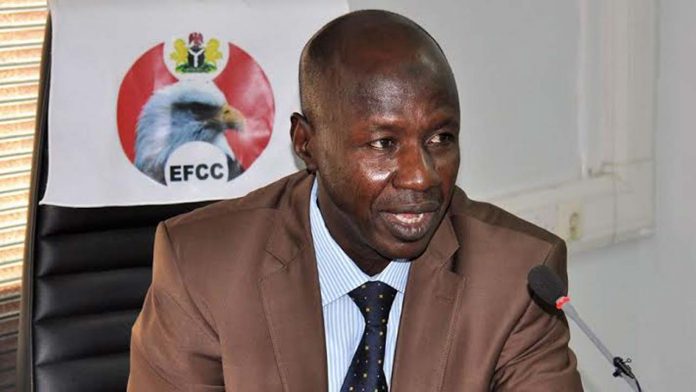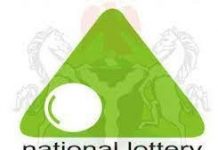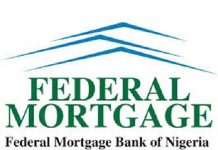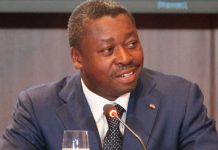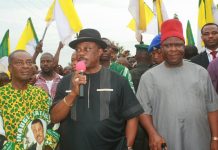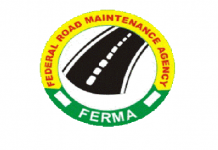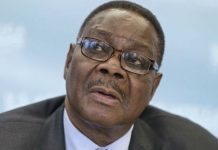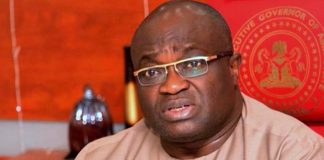Ask the elementary school pupil in Nigeria what government body he has heard about or knows something about, he will tell you, EFCC. Incidentally, it is one of the youngest organizations in the country, but it is by far one of the most potent. Why is this so? The answer is the flip side of the coin – the level of financial crimes committed in Nigeria is very high. It takes pervasive criminality to appreciate the impact of the whistle blower. One of the first achievements of the EFCC is the total elimination of the incidence of bounced or dud cheques in the Nigerian polity. Anyone who knowingly or mistakenly issues any cheque that bounces will have to chat with the operatives of the commission.
News in Africa Online is glad to bring you a brief spotlight of the EFCC, an agency that is saddled with the monumental task of curbing the high level of financial crimes and corruption in Nigeria.
The Economic and Financial Crimes Commission (EFCC) is a Nigerian law enforcement agency that investigates financial crimes such as advance fee fraud (419) and money laundering. The EFCC was established in 2003, by the administration of President Olusegun Obasanjo, partially in response to pressure from the Financial Action Task Force on Money Laundering (FATF), which named Nigeria as one of 23 countries that failed to cooperate with the international community’s efforts to fight money laundering. The agency, which has its headquarters in Abuja, has an office in every state capital.
Under the first Chairman of the EFCC, Nuhu Ribadu, the agency was able to address financial corruption by prosecuting and convicting a number of high-profile corrupt individuals, ranging from Nigeria’s former chief law enforcement officer to some chief executives of banks. By 2005, the EFCC had arrested government officials including, Mr. Diepreye Alamieyeseigha, a former state governor.
In September 2006, the EFCC announced that it was investigating 31 of Nigeria’s 36 state governors for allegations of corruption. In December 2007, the Nigerian Federal Government, after extensive investigations by the EFCC and other organisations, cleared the wealthy Vaswani brothers of any wrongdoing and invited them back into the country. Leading Nigerian newspapers and other major radio and television stations reported the facts of their clearance quoting text from directives issued by the government. In April 2008, the EFCC began an investigation of the very influential daughter of the former Nigerian President, Senator Iyabo Obasanjo-Bello for receiving N10 million ($100,000), stolen from the Ministry of Health. The former Health Minister, Professor Nike Grange, and her deputy were put on trial for stealing over N30,000,000 ($300,000) from the ministry’s unspent funds from the year before.
On June 6, 2008, Mrs. Farida Waziri was sworn in as the new chairperson of the EFCC. Then on the 6th of August 2008, its former Chairman, Nuhu Ribadu, was demoted from Assistant Inspector General of Police (AIG) to Deputy Commissioner of Police (DCP). Mrs. Waziri was removed from office by President Goodluck Jonathan in November 2011 and replaced by Ibrahim Lamorde as Acting Chairman. He was confirmed as the substantive head of the organization in February 2012 by the Nigerian Senate.
Since 2008, the EFCC website contains the list of the country’s most wanted criminals, where the organization’s informal motto, WE WILL GET YOU, sticks out menacingly.
On September 14, 2010, the head of the Forensic Unit of the EFCC, Abdullahi Muazu, was assassinated in Kaduna. He had been actively involved in the trials of some heads of the major banks in the nation.
EFCC Mission Statement
To rid Nigeria of Economic and Financial Crimes and to effectively coordinate the domestic effort of the global fight against money laundering and the financing of terrorists
EFCC Vision Statement
An agency operating to best international standards and leading the fight against economic and financial crimes in Nigeria
Although the EFCC has not made much progress in convicting high profile Nigerians, it has a formidable list of arrests – See the sample below –
1 Olisa Metuh – PDP politician
2 Lawal Jafaru Isa – politician
3 Emeka Mba– former D-G of NCC
4 Jide Omokore – Oil company executive
5Tom Ikimi – foremost politician
6 Air Vice Marshal R.A. Ojuawo
7 Ricky Tarfa – Senior Advocate of Nigeria
8 Bala Ngilari – Deputy Governor
9 Patrick Akpobolokemi – former D-G, NIMASA
10SamboDasuki – former National Security Adviser
11Musiliu Obanikoro–politician
12 Alhaji Abdullahi Dikko
13 Lt-General Alex Badeh – former Chief of Defence Staff
14FemiFani-Kayode – former Minister
15RaymondDokpesi – Owner private radio/television stations






